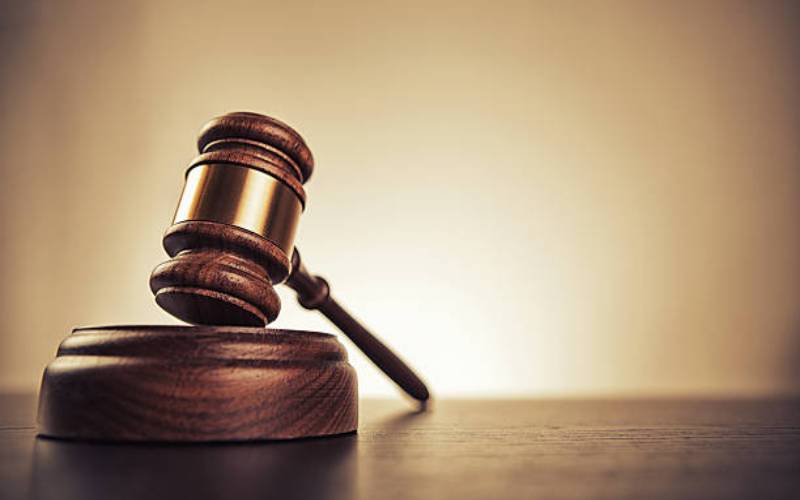×
The Standard e-Paper
Home To Bold Columnists

Governors have lost a case in which they sought to have immunity from facing corruption charges and being locked out of offices.
This is after the High Court dismissed the petition that sought to shield them from suspension.